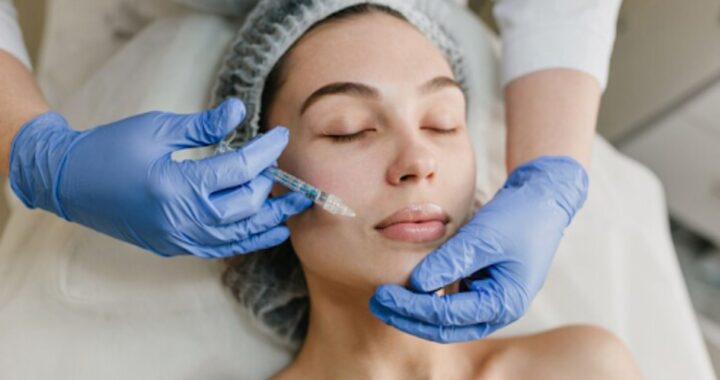The Role of Exercise in Recovering from Alcohol Use Disorder

Exercise plays a crucial role in the recovery process for individuals with alcohol use disorder (AUD). Incorporating physical activity into a recovery plan offers numerous physical, mental, and emotional benefits that can significantly enhance the effectiveness of alcohol use disorder treatment. Exercise helps to rebuild physical health and provides a healthy outlet for managing stress and emotions, reducing the risk of relapse.
Physical Health Benefits
Regular exercise can significantly improve physical health, which is often compromised by prolonged alcohol abuse. Alcohol use disorder can lead to various health issues, including liver damage, cardiovascular problems, and weakened immune function. Exercise helps in reversing some of these negative effects by:
- Improving Cardiovascular Health: Aerobic exercises like running, swimming, and cycling strengthen the heart and improve circulation, reducing the risk of heart disease.
- Enhancing Liver Function: The liver has a remarkable ability to regenerate, and exercise can aid in this process by promoting overall health and reducing fat accumulation.
- Boosting Immunity: Regular physical activity enhances the immune system, making the body more resilient to infections and illnesses.
Mental Health Benefits
Exercise has profound effects on mental health, which is a critical aspect of recovering from alcohol use disorder. Engaging in regular physical activity can:
- Reduce Anxiety and Depression: Exercise releases endorphins, which are natural mood lifters. It also helps reduce the symptoms of anxiety and depression, which are common in individuals with AUD.
- Enhance Cognitive Function: Physical activity improves blood flow to the brain, enhancing cognitive function and aiding in recovering any cognitive deficits caused by alcohol use.
- Improve Sleep Quality: Regular exercise can help regulate sleep patterns often disrupted by alcohol use disorder.
Emotional and Social Benefits
Beyond physical and mental health, exercise offers emotional and social benefits crucial for long-term recovery. These include:
- Building Self-Esteem: Achieving fitness goals, no matter how small, can boost self-esteem and confidence, which are often damaged by alcohol use disorder.
- Providing Structure: Establishing a regular exercise routine adds structure to daily life, which can help reduce the likelihood of relapse.
- Fostering Social Connections: Participating in group activities or sports can create new social networks, provide support, and reduce feelings of isolation.
Types of Exercise for Recovery
Different types of exercise can be beneficial at various stages of recovery from alcohol use disorder. Some recommended forms include:
- Aerobic Exercise: Walking, running, swimming, and cycling are excellent for overall health and improving mood.
- Strength Training: Weight lifting and resistance exercises help build muscle and improve physical strength.
- Mind-Body Practices: Yoga and tai chi combine physical activity with mindfulness, helping to reduce stress and improve mental clarity.
- Outdoor Activities: Hiking, gardening, and other outdoor activities provide the benefits of exercise and nature’s therapeutic effects.
Incorporating Exercise into a Recovery Plan
To maximize the benefits of exercise in recovering from alcohol use disorder, it is important to incorporate it thoughtfully into a comprehensive recovery plan. Some strategies include:
- Finding Enjoyable Activities: Choose enjoyable exercises to maintain motivation and consistency.
- Seeking Professional Guidance: Consulting with a fitness trainer or physical therapist can help create a safe and effective exercise plan.
- Combining with Other Treatments: Exercise should complement other treatments for alcohol use disorder, such as counseling, medication, and support groups.
Exercise is a powerful tool in the recovery process for alcohol use disorder. It offers extensive physical, mental, and emotional benefits that can enhance the effectiveness of alcohol use disorder treatment.


 Reliable Insurance Brokers at Pacific Prime – Tailored Plans
Reliable Insurance Brokers at Pacific Prime – Tailored Plans  Here’s Everything You Need to Know About Botox Before Your First Shot
Here’s Everything You Need to Know About Botox Before Your First Shot  Walking as a Tool for Better Mental Health
Walking as a Tool for Better Mental Health  How to Recognize Early Signs of Addiction and How to Seek Help
How to Recognize Early Signs of Addiction and How to Seek Help  Restoring Your Thinning Hair Line
Restoring Your Thinning Hair Line  Beauty Redefined: Exploring the Latest Trends in Skincare Treatments
Beauty Redefined: Exploring the Latest Trends in Skincare Treatments